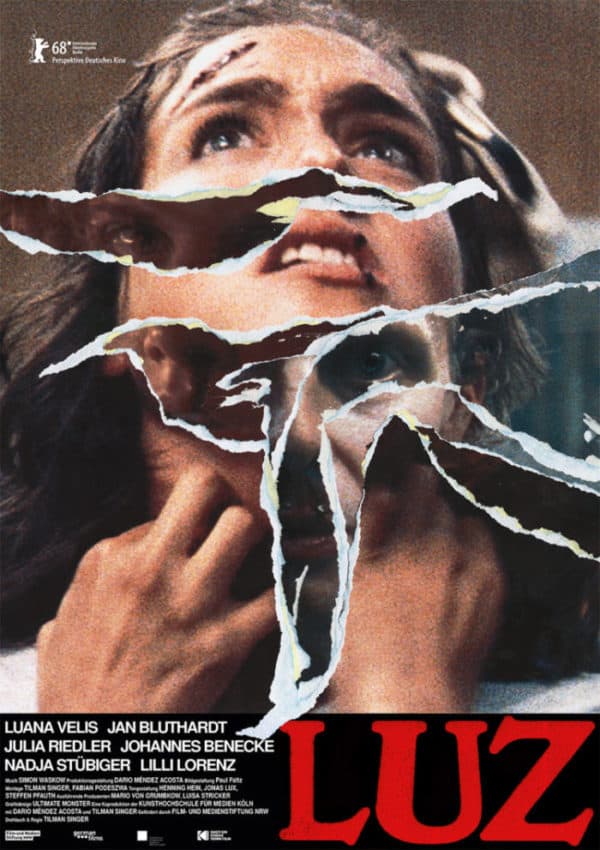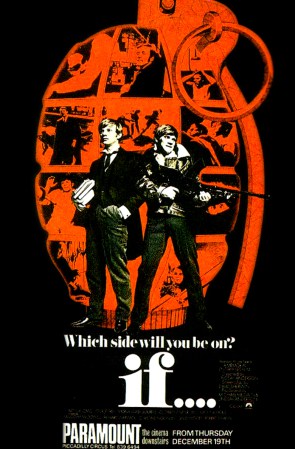
In his second collaboration with French phenom director Julia Ducournau, composer Jim Williams’ score for Titane is surprisingly restrained. In Titane, serial killer Alexia’s emotional and physical love of cars leads to a very unexpected pregnancy, forcing her to engage in increasingly desperate actions while confronting her own humanity (or lack thereof). Williams has approached similarly strange films with vigor (such as A Field in England, Possessor, and Ducournau’s debut, Raw). But here he’s much more measured.
Part of the reason is simply functional. The beginning of the film uses a significant amount of licensed music, particularly during Alexia’s “lap dance” atop a Cadillac. In between these sequences Williams gives us brief snippets of score: light industrial sounds, metallic reverberations, occasional creeping drums. It eventually bursts into a religious ritualism, with chiming bells and ascetic chants as Alexia mounts the Cadillac once more. In a scene that should be ludicrous, Williams gives it depth and import; Alexia’s coupling takes on an emotional resonance and gives her a rare human moment, if indirectly.
This is a rarity for much of the score. It often remains more of a white noise, occasionally erupting into a bludgeoning storm. Williams still makes full use of these austere passages. Metallic sounds continue to clatter about, furthering the film’s vehicular themes and aesthetic, while chants and cherubic choruses filter in, companions to Alexia’s pregnancy and the suffering she endures.
It’s not uncommon for scores to embrace minimalism, and I’ve long been its advocate. And it functionally works well in Titane. But normally such an approach carries through the entire score. By the end of Titane, however, Williams has thrown off these restraints. The earlier elements almost abruptly coalesce into a grand pinnacle. The Baroque-styled “Sarabande” merges formidable drums, synths (notably an organ), and choirs, creating a moment of awe, while the following “Ending from Bedroom” adds a droning church bell, enhancing the now-overt religious experience. Together they form a full-bodied climax, whose musical heft is nowhere else to be found in the score.
By creating such stark contrasts, Williams walks a treacherous path. It is a terribly clever way of showing Alexia’s growth through the film: the score’s development from sparse to robust track her eventual connections to humanity, both in the car sex sequence and in the finale. It’s a rarely used way of moving beyond the typical Romantic musical devices commonly used to reflect a character’s arc. But these disparities also draw attention to themselves. By the end of the film the music is so strong that its earlier absence becomes glaring. However, the purpose of this disparity isn’t initially evident, leaving the audience to second-guess the score and wonder why such developed music wasn’t used throughout.
It’s easy to share this mindset after finishing Titane. I certainly did. Only after significant reflection did I really appreciate what Williams was doing. Although the style makes for an inconsistent listen (with the slower moments buoyed by tracks like “Sarabande,” one of Williams’ strongest cues), it also makes it his most clever.



